"Alexander" 20th Anniversary Retrospective: An Iconic Stinker Still Reeks
Oliver Stone's notorious bomb is even worse two decades down the line.
RetrospectiveTwo-thousand three-hundred fifty-seven years ago, on the banks of the Bumodus River in modern-day Iraq, Alexander the Great and his Macedonian army met the forces of the Persian Empire, ruled by King Darius III. Over the preceding two years, Alexander pushed his way through Asia Minor following the Battle of Issus, where he defeated Darius and forced his retreat to Babylon, the Persian capital. Darius employed diplomatic measures to resolve the conflict, but Alexander was unmoved. He was determined to conquer the world's greatest empire, and at Gaugamela, on October 1, 331 BC, he sought to deal the death blow.
Despite a numerical disadvantage, Alexander defeated Darius. The disgraced king fled into the mountains, where he allegedly got assassinated by his generals. Alexander had conquered the known world, beginning an unprecedented expansion that led his army into India.
According to Alexander, Oliver Stone’s much-maligned, incessantly re-cut and re-released, iconically disastrous biopic, a bird was there. So that’s something.
It had the ingredients. Stone, Oscar-winning director of Best Picture winner Platoon and ‘80s anti-war staple Born on the Fourth of July; Vangelis, composer of the iconic Chariots of Fire theme; Colin Farrell, more a tabloid wonderboy at the time than serious actor, but an A-lister nonetheless; Angelina Jolie, Oscar-winner of Tomb Raider proportions; Anthony Hopkins, acting icon willing to save his liver and fava beans for later; and, most importantly of all, a $155 million-dollar budget, in 2004 dollars, meaning no expense was spared in bringing Stone’s vision of the world’s most famous conqueror to the big screen.
What was spared was everything that makes a movie worth watching (unless you want to see birds... or snakes… or maps… or Colin Farrell’s junk).
In fairness, Hollywood has never understood conquerors because of people’s inability to grasp that seemingly contradictory traits can exist within the same individual. Yes, conquering necessitates at least an acceptance of bloodshed, but people are multidimensional, and the world has changed; the standards for decency, morality, and ethics have shifted tremendously over the last 2,500 years. Holding someone to modern mores only decades after their misdeeds can often be fallacious; doing so millennia on is asinine.
Even separating the period from the equation, the principle holds. People can do things we don’t agree with, that the law doesn’t agree with, that Jesus wouldn’t agree with, but it doesn’t mean they can’t love. It doesn’t mean they can’tempathize or sympathize: they can be sensitive, lonely, gleeful, playful, or dejected. Alas, since people cannot understand nuance, writers can't, so we get subjected to a parade of stoic portrayals of history’s most vaunted figures, especially if they’re men, who are already societally perceived as emotionless.
It makes Stone’s vision of Alexander all the more puzzling because that narrow-mindedness still exists, but it routinely clashes with Colin Farrell’s bizarre interpretation of the character. The screenplay imagines Alexander as narrow and uncompromising, no different than Ridley Scott’s take on Napoleon, but it tries to deceive us into believing otherwise by constantly relaying his progressiveness. Yet, a more socially forward mindset, campaigning to bring Greek cultural and political influence to Asia, intermixing people and cultures, doesn’t mean genuine open-mindedness. Sure, being open doesn’t mean spinelessness, though some historical leaders have made that grave social miscalculation (looking at you, Nicholas II); one can have an open ear and resolve that their initial assessment was correct.
However, genuine openness requires some understanding that simply because you’re disagreed with doesn’t make the opposition inherently wrong. Alexander’s generals are intensely xenophobic, and that, in a vacuum, can be dismissed. However, the severity of their convictions makes the ultimate cinematic (and historical) conclusion, where everyone wages war over the great conqueror’s vast empire, each cause imbued with a variation of the same general belief (and also generally being horrible), unsurprising.
Farrell did not receive this memo or did and ignored it, or it may have gotten delivered as he was filming his infamous sex tape with a Playboy bunny. Regardless, the actor, who at the time was better known for his personal life than his acting chops, misses the mark. He takes a man penned as a wooden stoic and dials his emotional decibel to a Spinal Tap 11, though it’s almost impressive what he pulls off. If not for his histrionics, no one would remember the names of any of Alexander’s bickering councilmen. Now, “Cassander” shall sound out through the histories.
It’s borderline laughable, especially considering the self-seriousness of the production. Despite a screenplay aiming for Shakespearean poetry while often falling into bizarrely stunted melodrama, lazy costuming, and middling production values, everyone is so fervently devoted to the project that it makes its failings all the more comical. As Alexander confronts a war elephant mounted by a snarling Punjabi archer, the slow-motion drama punctuated by Vangelis’ ludicrous score, one can’t help but laugh.
Perhaps some of this unintentional hilarity could be offset by a gripping surrounding narrative filled with sharp, illuminating dialogue that fully explores and develops its characters and story while speaking to central themes and ideas regarding Alexander himself. Alas, we get, well, all of this:
“YOU BIRTHED ME IN A SACK OF HATE”
“In my woooomb I carried MY avengER!”
“You’ve fallen in LOVE with all the things in life that deSTROY men!”
“EXECUTE HIIIIIIIM!!!!”
and my personal favorite…
“You’re everything I care for, and by the sweet breath of Aphrodite, I’m so jealous of losing you to this world you want so badly.”
The best period writing can evoke the time without veering into melodrama, but Alexander forgets to be spiritually anachronistic. Even if people spoke like this back then, it’s so cosmically removed from a modern audience that there’s zero hope of one emotionally or philosophically relating to the dialogue; for a biopic this talky, that’s a death sentence.
Look no further than my “favorite” line. The idea of losing love to ambition is simple, but when contextualized with “by the sweet breath of Aphrodite…” one will be too busy suppressing a snicker to appreciate the sentiment, especially since we all know the most sexually charged dynamic in the film is between Alexander and his mother. Of course, that’s what happens when you cast Hollywood’s biggest horndog and make his mother a stunning, newly divorced woman only one year his senior.
Whatever Oliver Stone and his misguided biopic hoped to accomplish with Anthony Hopkins’ droning narration, incessantly cutting between periods, refusing to narrow the focus to a particular element of Alexander’s complicated personality and legacy and branching out from there, turning him definitively queer, or permeating every mother-son interaction with incestuous undertones, it failed. It tried, oh did it try, but it’s all for not.
Even the historical deviations, like Alexander's definitive bisexuality, which could've seemed ambitious and progressive, are off-putting. Instead of an upfront exploration of his intimate relationship with his best friend and most trusted tactical ally Hephaestion, we get a string of melodramatic conversations and a bevy of jealous looks from Hephaestion to Alexander’s Persian male lover, with whom the conqueror has a relationship that is somehow equally parasitic and co-dependent. The pair’s interactions are always bizarre, but the scene where a nude Alexander slowly climbs into bed to ominous music as the scene cuts to and from the duo’s lovemaking preparations and the assassination of a supposedly treacherous general is unintentionally hilarious. Thankfully, by the time we reach that juncture, we’re accustomed.
In the end, despite its general value as a pseudo-historical documentary, equipped with old-man narration and an unfocused narrative, Alexander, the sprawling epic retelling of the famed Irish conquest of Asia, is as horrid as the critics called it 20 years ago; no amount of retrospective contrarianism will alter that fact, no matter how desperately Oliver Stone’s devoted legion of fans claim otherwise.
It’s banal, bland, and inaccurate in every way that damages the great conqueror’s achievements and historical legacy, and in no way that creates a compelling drama. The writing is horrendous, the acting atrocious, the historical context squandered, and the battle scenes messy, unfocused, and operating under the false belief that swapping skill for bloodshed will distract us from their tediousness. It is, in every way, shape, and form, a bad movie, and no matter how many times Stone re-edits it, either stuffing it with even more meandering footage or mercifully shortening it, nothing will change that.
Alas, if nothing else, should Oliver Stone ever read this, at least I know what he’d say about his next monstrosity:


7
Director - Oliver Stone
Studio - Warner Bros.
Runtime - 175 minutes
Release Date - November 16, 2004
Cast:
Colin Farrell - Alexander the Great
Angelina Jolie - Queen Olympias
Val Kilmer - King Philip II of Macedon
Rosario Dawson - Roxana
Anthony Hopkins - Ptolemy
Jared Leto - Hephaestion
Christopher Plummer - Aristotle
Gary Stretch - Cleitus
Jonathan Rhys-Meyers - Cassander
John Kavanaugh - Parmenion
Editor - Thomas J. Nordberg, Yann Hervé, Alex Marquez
Screenplay - Oliver Stone, Christopher Kyle, Laeta Kalogridis
Cinematography - Rodrigo Prieto
Score - Vangelis

%20(13%20x%206%20in)%20(13%20x%204%20in).png)

.jpeg)
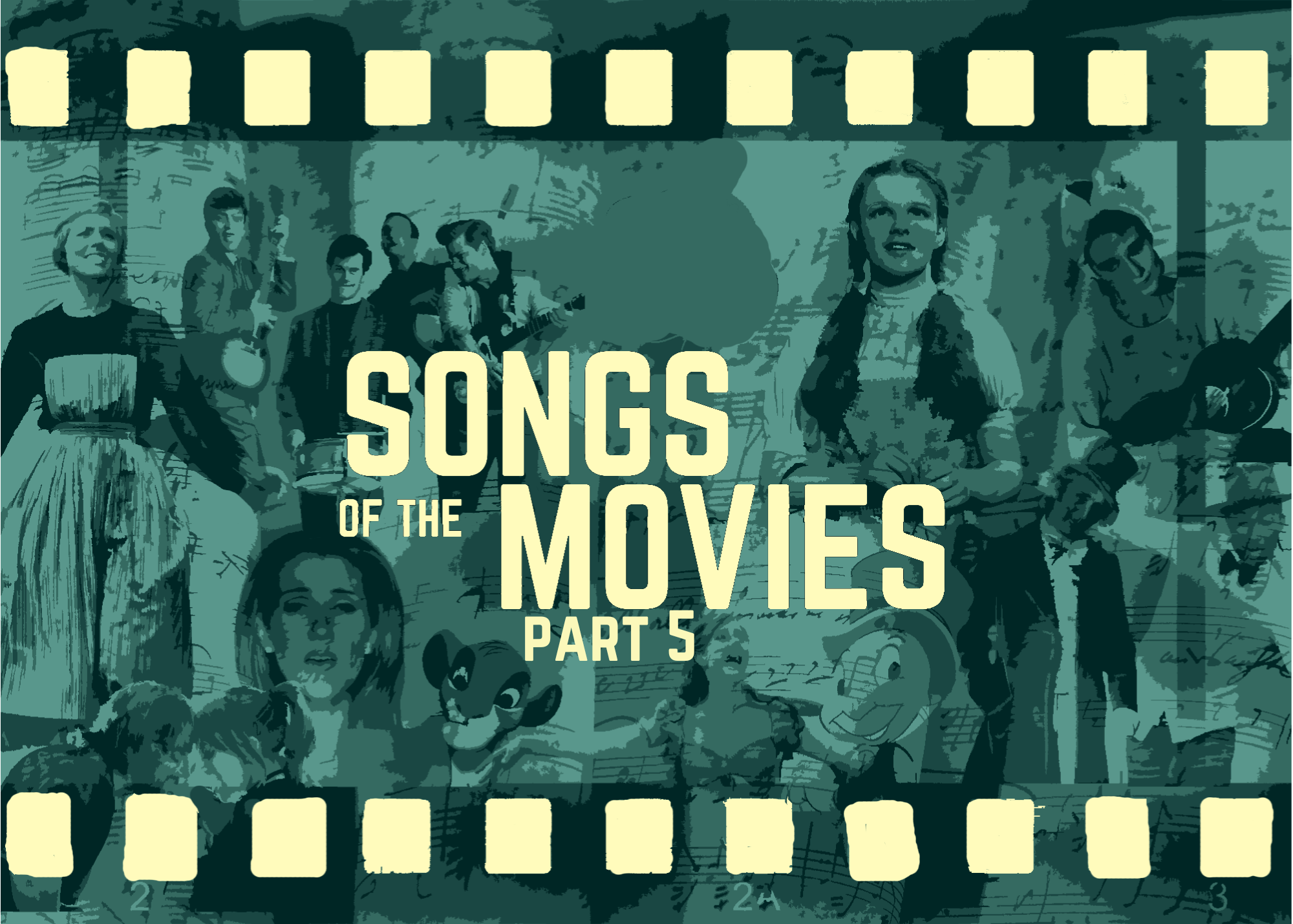
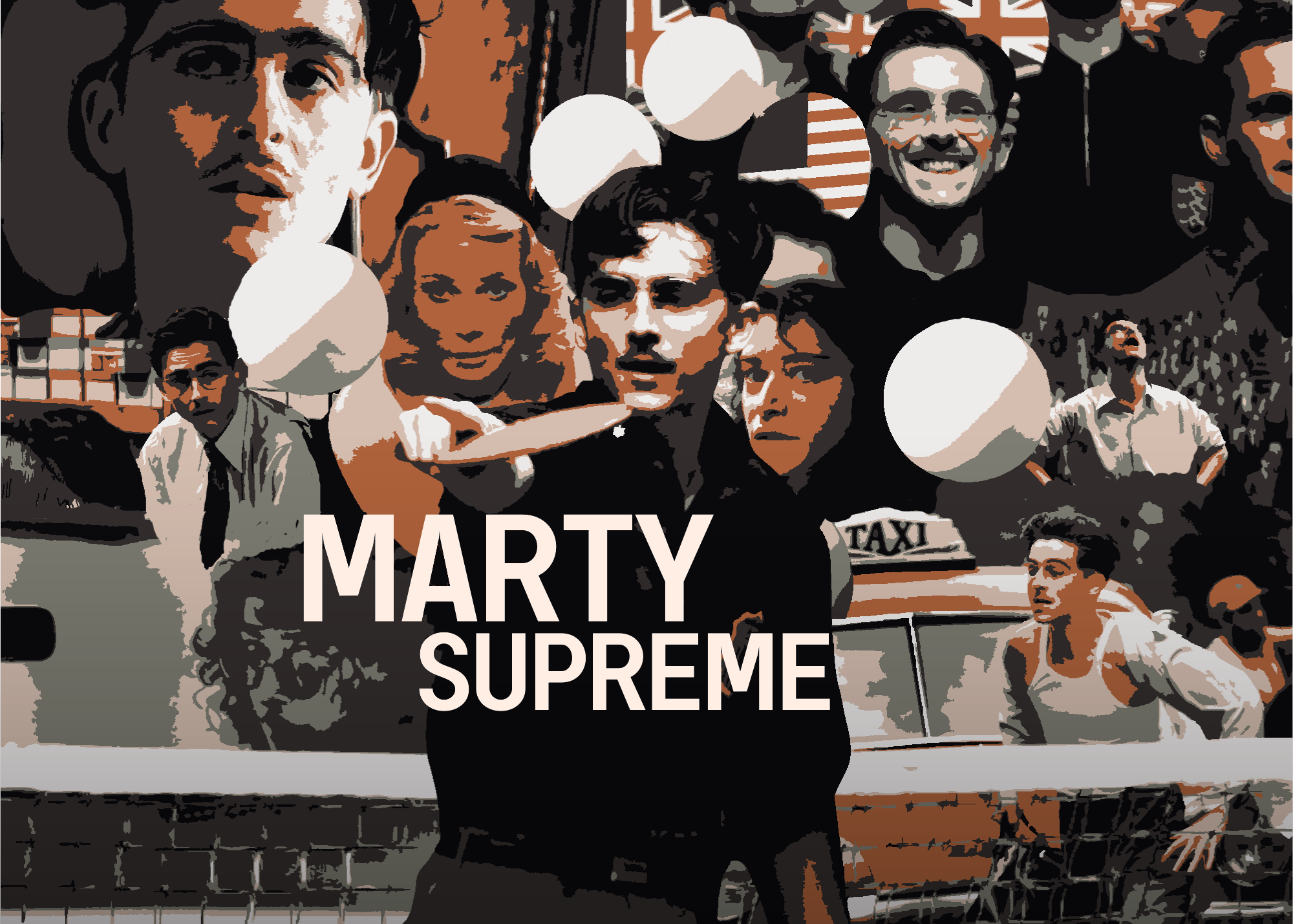
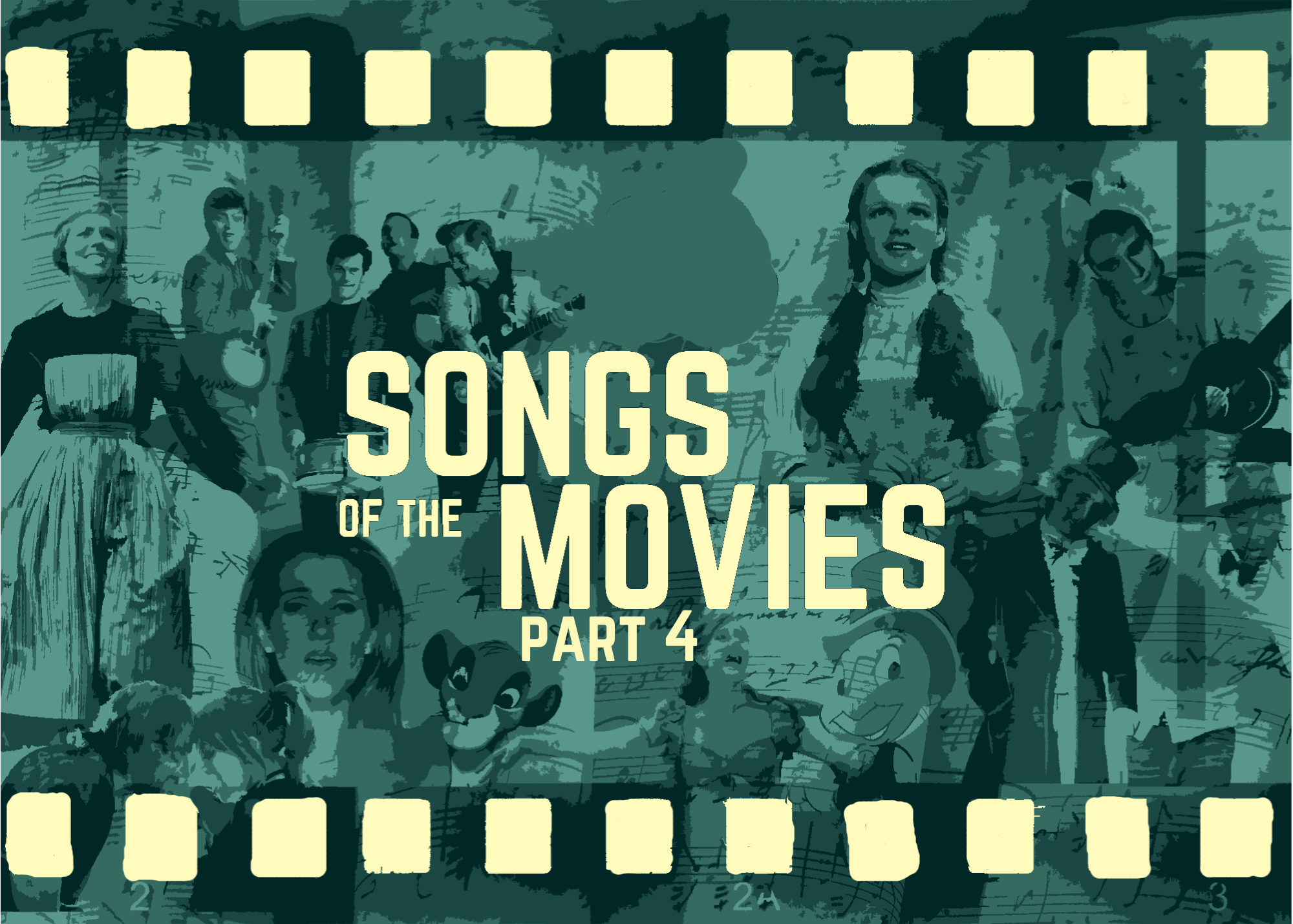

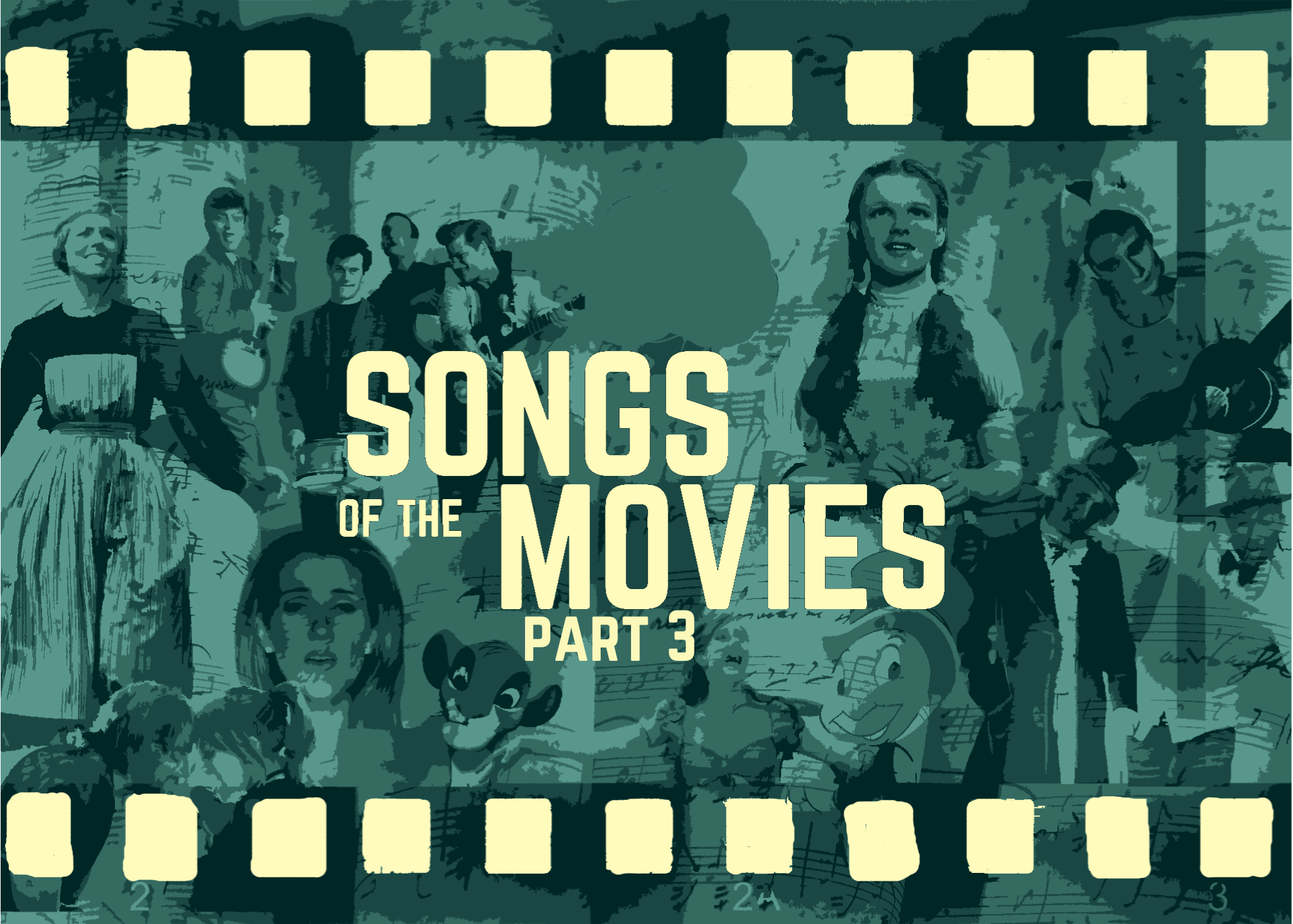
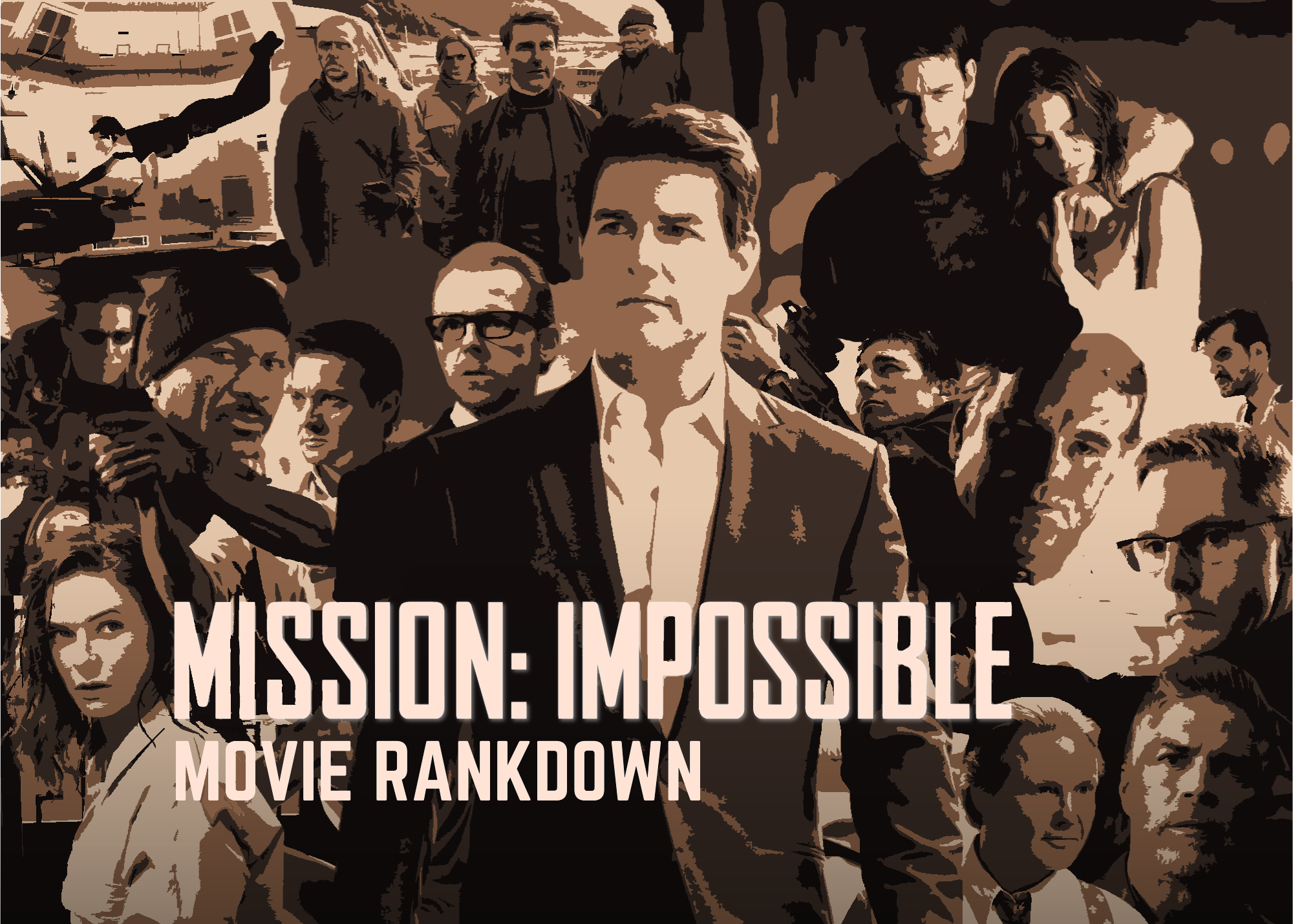



















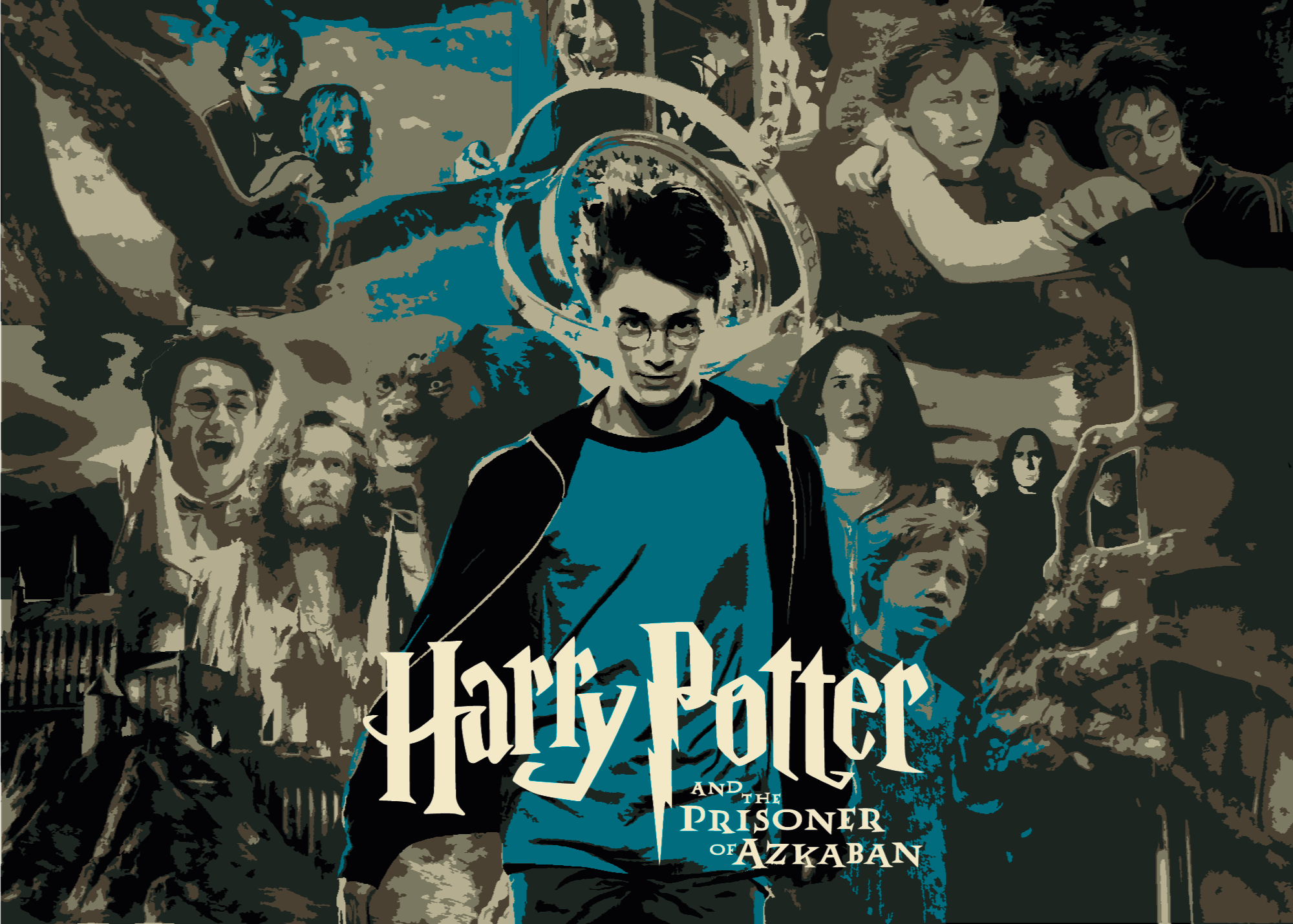














.png)






.png)
